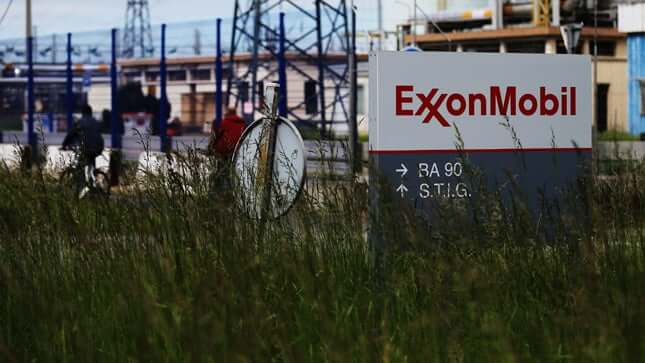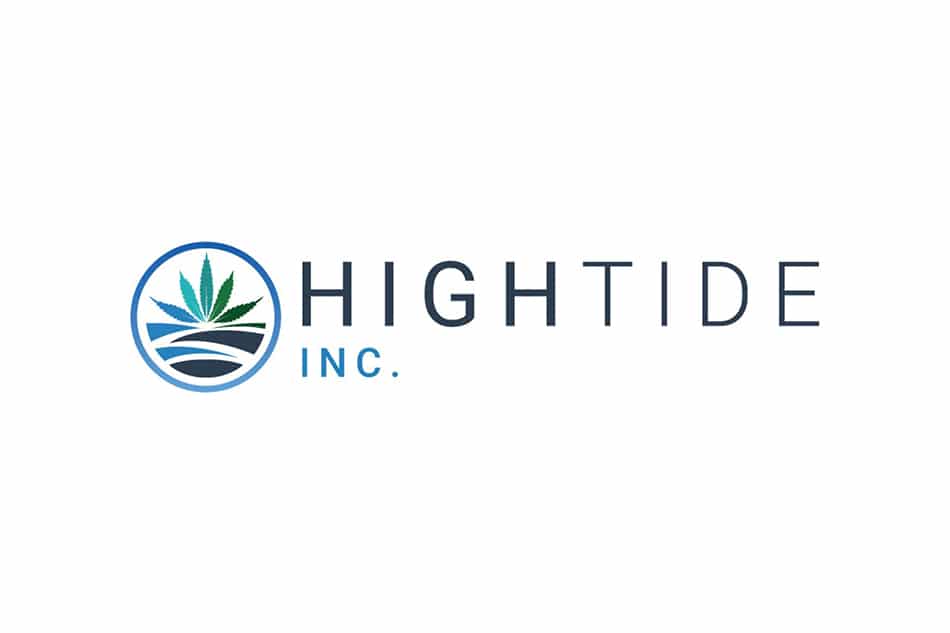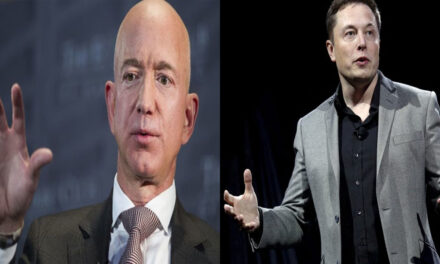Two of the largest US oil companies Exxon Mobil and Chevron have reported their biggest quarterly revenue since before the pandemic as oil prices reached $80 per barrel.
Exxon Mobil announced to the public that its third-quarter earnings tallied at $36 billion while Chevron amassed $22 billion.
In calculation, in every dollar increase in the price of crude oil, these behemoth companies would earn an average of $90 million; that’s how they easily rake the big bucks.
Exxon Mobil and Chevron amassed record-high cash flow because of the budget cuts they implemented during the pandemic-driven oil market crash last year. For instance, Chevron recorded year-to-date spending of 22% lower than last year.
The Wall Street Journal credits the vast earnings of Exxon and Chevron to the “spend much less than you earn” strategy. It is called investing or saving, depending on who you ask. These oil companies are utilizing their money to pump up the price of their stocks, and it is somehow going well to their advantage.
The Journal revealed that Exxon’s return of equity is at a five-year high, meaning they have plenty of cash and low debt. It also means that these big oil companies are not just making money from oil sales but also raking from their cash flow management.
Darren Woods, chairman and chief executive officer of Exxon Mobil said that all of their core business operations had reported profits for the quarter, thanks to “strong operations and cost control” and a spike in fuel demand.
Exxon Mobil is also planning to spend on low-carbon investments in the next five years (2022-207), with a cumulative budget of $15 billion. They also pitched their annual capital spending to $20 to $25 billion.
But perhaps the most surprising revelation of Exxon Mobil is the revival of their stock buybacks repurchases halted in 2016. The company said it is eyeing to spend as much as $10 billion on repurchases beginning 2022.
Exxon Mobil is expected to utilize a huge chunk of its extra cash flow for dividends and debt payment, which topped on a net basis at almost $70 billion at the end of 2020.
Other major rivals – Chevron, Total Energies SE, Royal Dutch Shell Plc, and BP Plc – are also using this year’s huge gains to buy back shares. Shell and BP were forced to slash their dividends last year to boost their coffers.
Because of the increasing activist investor interest, Exxon Mobil and Chevron are now prioritizing shareholders rather than capital spending, despite energy crises in Europe and China and strong concern about inflation and supplies of fossil fuels.
Woods also revealed that the board would be knee-deep in corporate planning next month. Among the agenda in the corporate plan include “investment in industry-advantaged, high-return projects, and a growing list of strategic and financially accretive lower-carbon business opportunities.”














